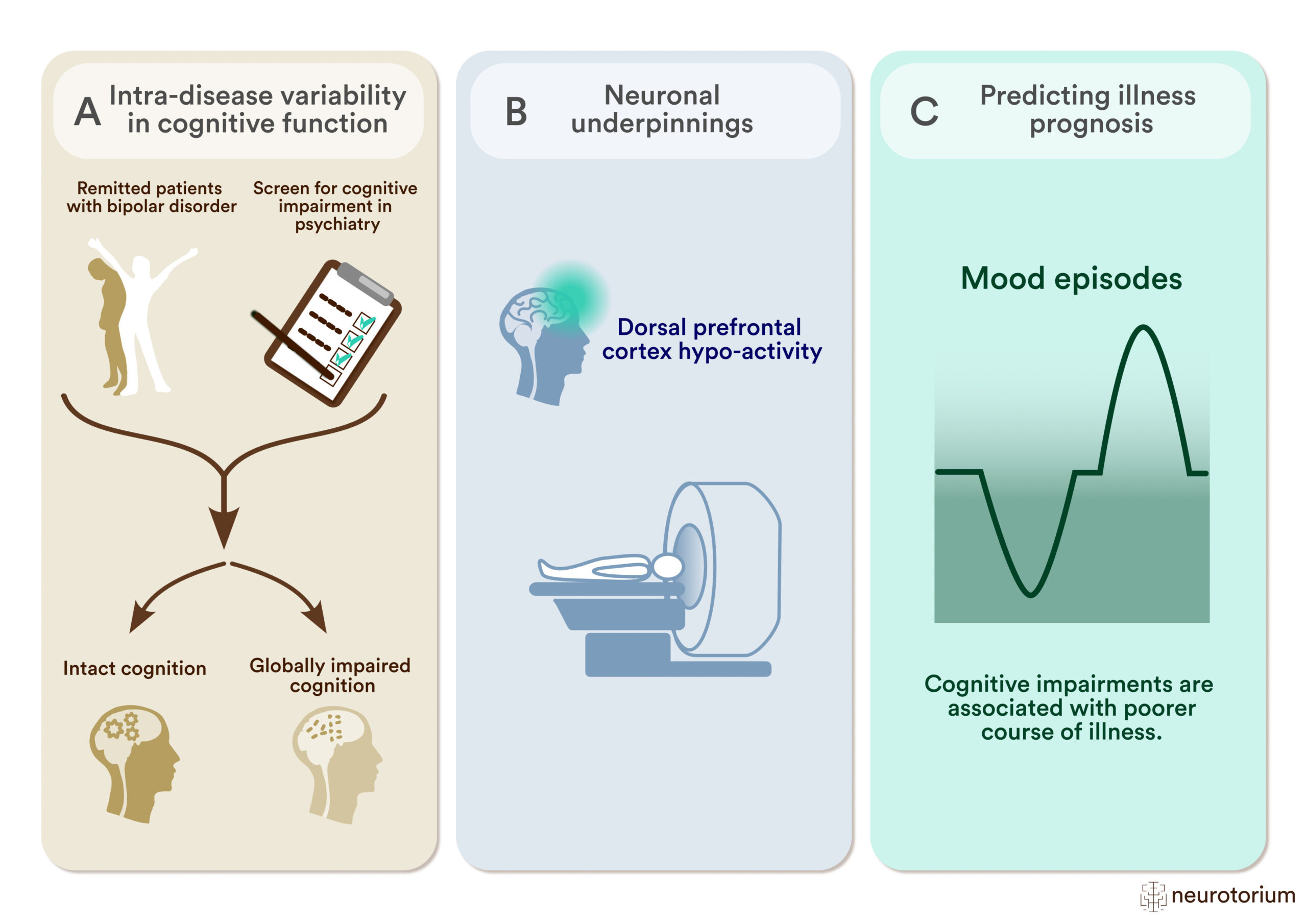The so-called ‘normative modeling’ can be used to model the expected development of a given characteristic across the lifespan. Deviations from this development can be tested for associations with clinical outcomes and may pinpoint illness-relevant effects at the individual subject level. By integrating multiple data modalities this approach may yield information on risk architectures that can be useful for personalized psychiatry.1





